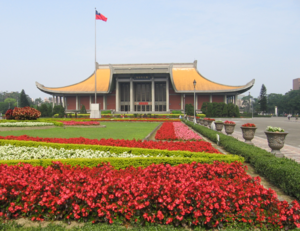Trade deficit does not mean China steals your jobs - Arthur Kroeber
 US trade deficit via Wikipedia
US trade deficit via Wikipedia“By the logic of their argument, any country that runs a trade deficit should experience perpetual loss of jobs and wages, and any country that runs a surplus should experience perpetual gains in jobs and wages,” Arthur Kroeber, head of China research for the economic-research company GaveKal Dragonomics, wrote in an email. “Yet many developing countries run consistent current account deficits (for example South Korea during much of the 1970s and ’80s) and still experience high job and wage growth, while other countries run persistent surpluses yet have stagnant employment and wage growth (e.g. Germany and Japan).”Commercial
Arthur Kroeber is a speaker at the China Speakers Bureau. Do you need him at your meeting or conference? Do get in touch.
 Arthur Kroeber by Fantake via Flickr
Arthur Kroeber by Fantake via Flickr
Labels: Arthur Kroeber, China, China Speakers Bureau, Germany, South Korea, trade deficit, USA










































